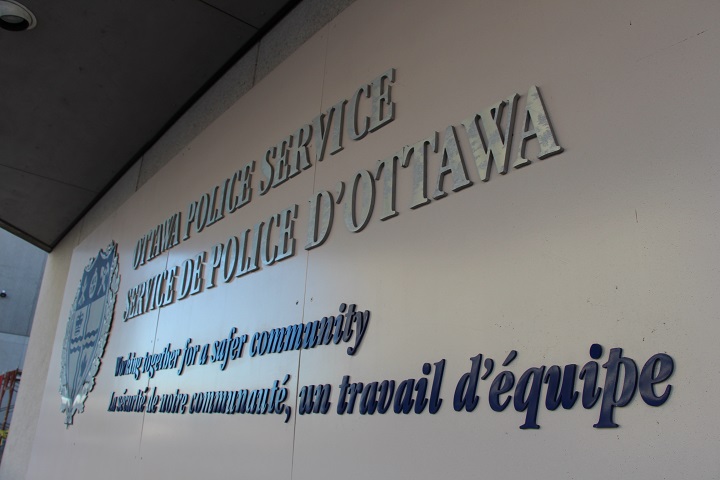Ottawa city council approved the police services board’s two per cent budget increase for 2022 after an at-times contentious debate that found few parties fully satisfied by the lower-than-requested funding hike.

The Ottawa Police Service will work with a budget of $346.5 million in 2022, an increase of $11.5 million or two per cent over last year’s figures.
OPS Chief Peter Sloly’s original draft budget had requested an increase of 2.86 per cent, or an additional $2.65 million over what was approved.
But the OPSB last month unanimously approved a lower increase in response to calls from community advocates to freeze police funding and reallocate services to social services.
The extra $2.65 million not allocated to the police in the 2022 budget will be shifted towards social services and the development of a response system for lower-risk calls, including mental health and addiction crises.

While $650,000 of the OPS funding gap will be taken from the service’s reserves, the police will now need to find an extra $2 million in efficiencies beyond the $5.1 million in savings it already included in its draft budget.
Sloly told council Wednesday that there will be “significant risks” to policing in Ottawa as a result of the reduced funding hike. He said the service would go through the budget “line by line” to find the extra $2 million in savings and did not rule out cutting police capacity to respond to calls from the public.
“We will look at every item. That means we will look at front-facing police services,” he said.
He did confirm that there will be no layoffs as a result of the two per cent funding hike, but said the OPS will forgo hiring 30 additional officers in 2022. However, the force will still add 22 new officers over the course of the next year as it catches up on hires it had budgeted for in 2021.
Multiple councillors said Wednesday that while they would support the board’s budget, they were concerned about effects on service capacity by denying the OPS its full requested funding.
“I have grave concerns about the abrupt reduction in the police services budget,” Innes Coun. Laura Dudas said.
- Alberta to overhaul municipal rules to include sweeping new powers, municipal political parties
- Canada, U.S., U.K. lay additional sanctions on Iran over attack on Israel
- No more ‘bonjour-hi’? Montreal mayor calls for French only greetings
- Trudeau says ‘good luck’ to Saskatchewan premier in carbon price spat
But OPSB chair Diane Deans said concerns about impacts to service in Ottawa were “fearmongering” and defended the reduced funding that she pushed for at the board in an effort to meet community demand to “reimagine” policing.
“The sky is not going to fall because we’re asking the police service to find $2 million in additional efficiencies,” she said.
Mayor Jim Watson said Wednesday that some needed reforms in municipal policing are at the provincial level. He cited needing sworn officers to block off traffic for Santa Claus parades or giving local forces the authority to remove suspended officers from the payroll as resource drains that the city is waiting for Ontario to act on.
He also said he was glad to hear that no sworn officers will be laid off as a result of the two per cent budget hike.
Most councillors and the mayor voted in favour of the proposed budget. Among those who voted against, councillors Shawn Menard, Catherine McKenney and Jeff Leiper said the two per cent increase was too much, while councillors Rick Chiarelli and Jan Harder said it was not enough.
Community advocates meanwhile held a sit-in at Ottawa City Hall on Wednesday to protest the city’s overall draft budget.
Hot mic moment
The debate over police funding Wednesday included an odd series of exchanges related to a possible hot mic.
After Harder wrapped up her budget questions to Sloly, the mic passed to River Coun. Riley Brockington, who started by thanking the police for their work in Ottawa.
Harder can then be heard saying “shut up, Riley.”
Brockington paused to address the comments briefly before carrying on.
After he finished his comments, Deans called for a point of privilege asking for Harder to apologize for “unparliamentary language.”
Watson said he was not in the room when the comment was made so he was “at a disadvantage.” He called for both the deputy clerk and for Osgoode Coun. George Darouze, who was chairing the meeting at the time, to comment, but both said they did not hear Harder’s comment.
Harder then spoke directly to Deans’ point.
“Mr. Mayor, if I said that, OK, it was a reaction. But I don’t recall saying it. If I did and that’s what you heard, then that’s unfortunate and I withdraw what I didn’t hear me say,” she said.





Comments